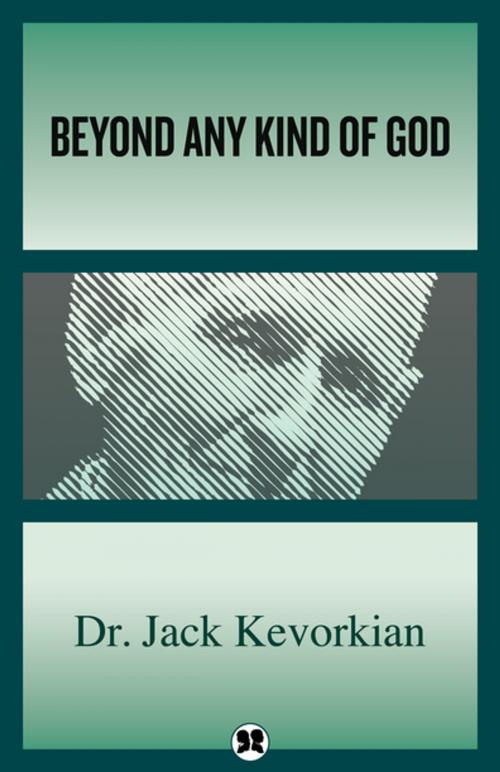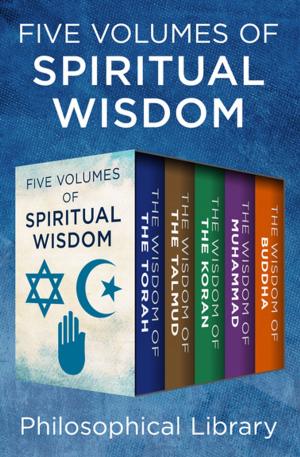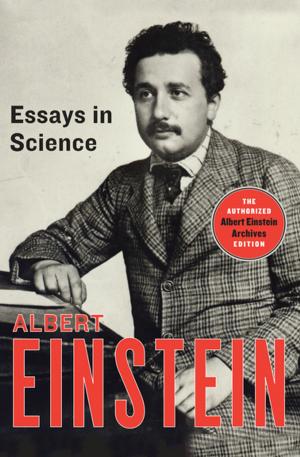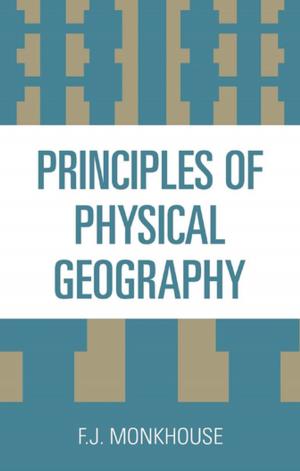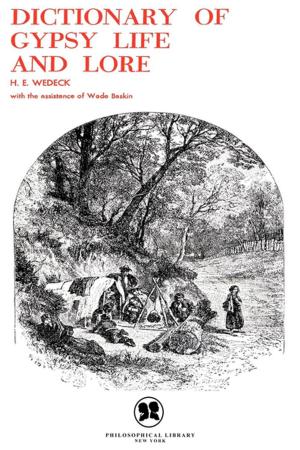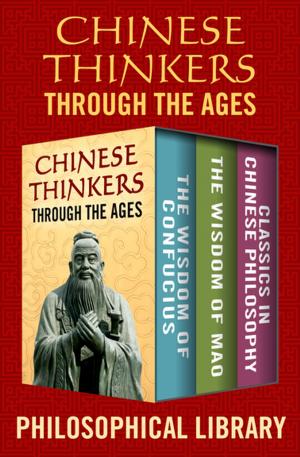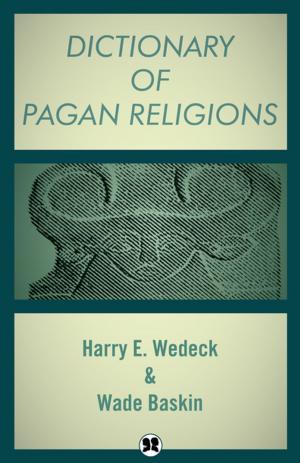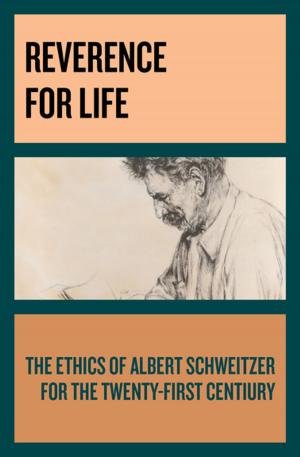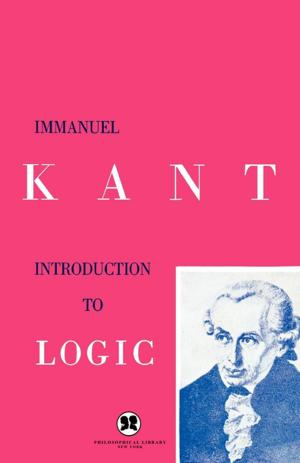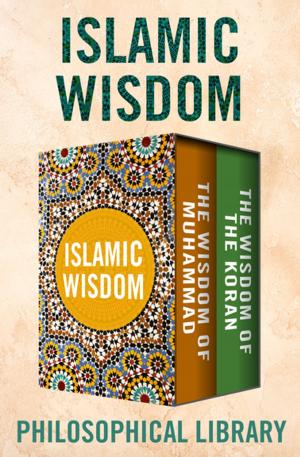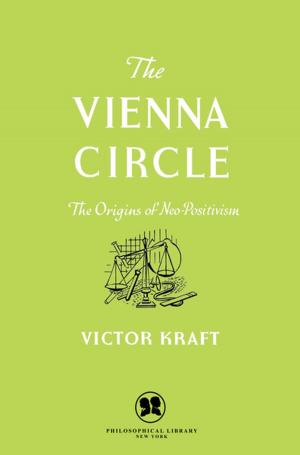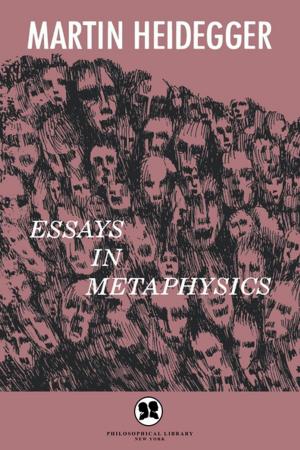Beyond Any Kind of God
Nonfiction, Religion & Spirituality, Philosophy, Free Will & Determinism, Mind & Body, New Age| Author: | Dr. Jack Kevorkian | ISBN: | 9781504009287 |
| Publisher: | Philosophical Library | Publication: | February 3, 2015 |
| Imprint: | Philosophical Library | Language: | English |
| Author: | Dr. Jack Kevorkian |
| ISBN: | 9781504009287 |
| Publisher: | Philosophical Library |
| Publication: | February 3, 2015 |
| Imprint: | Philosophical Library |
| Language: | English |
Who has not at least once in his lifetime asked himself, “What is this thing called ‘life’?” “What does it mean to ‘be’?” “How and why do we ‘live’?” “What is this great and sinister unknown, ‘death’?” An instant of meditative stargazing may prompt any of these questions.
The purpose of this work is very broad and ambitious. Any effort aimed at trying to peer into the Great Unknown, the far-bidding realm of transcendentalism (if it exists), is bound to be fraught with “absurdities” and “improbabilities,” to be “fantastic” here and there, to be “ridiculous” as a whole. This book could be all that, and more, if it were offered as more than an attempt to merely exemplify what the basic concepts may or possibly could entail and to develop a philosophic view as timeless, as fundamentally unchangeable, as the universe with which it deals.
As a logical beginning the author takes a close look at “existence” followed by “life,” which cannot be independent of it and with which it is really inextricably alloyed. As it ends things for us on earth, so too will “death” end this discourse. The knell will be not so much a dirge as it will be a harmonious synthesis of a grand unity—the undissectible fusion of death, life, and existence into an inscrutable scheme that might be cogent and imposing enough to cause one to look beyond his idols and icons for the essence of his being and his non-being.
Who has not at least once in his lifetime asked himself, “What is this thing called ‘life’?” “What does it mean to ‘be’?” “How and why do we ‘live’?” “What is this great and sinister unknown, ‘death’?” An instant of meditative stargazing may prompt any of these questions.
The purpose of this work is very broad and ambitious. Any effort aimed at trying to peer into the Great Unknown, the far-bidding realm of transcendentalism (if it exists), is bound to be fraught with “absurdities” and “improbabilities,” to be “fantastic” here and there, to be “ridiculous” as a whole. This book could be all that, and more, if it were offered as more than an attempt to merely exemplify what the basic concepts may or possibly could entail and to develop a philosophic view as timeless, as fundamentally unchangeable, as the universe with which it deals.
As a logical beginning the author takes a close look at “existence” followed by “life,” which cannot be independent of it and with which it is really inextricably alloyed. As it ends things for us on earth, so too will “death” end this discourse. The knell will be not so much a dirge as it will be a harmonious synthesis of a grand unity—the undissectible fusion of death, life, and existence into an inscrutable scheme that might be cogent and imposing enough to cause one to look beyond his idols and icons for the essence of his being and his non-being.
